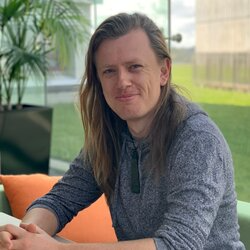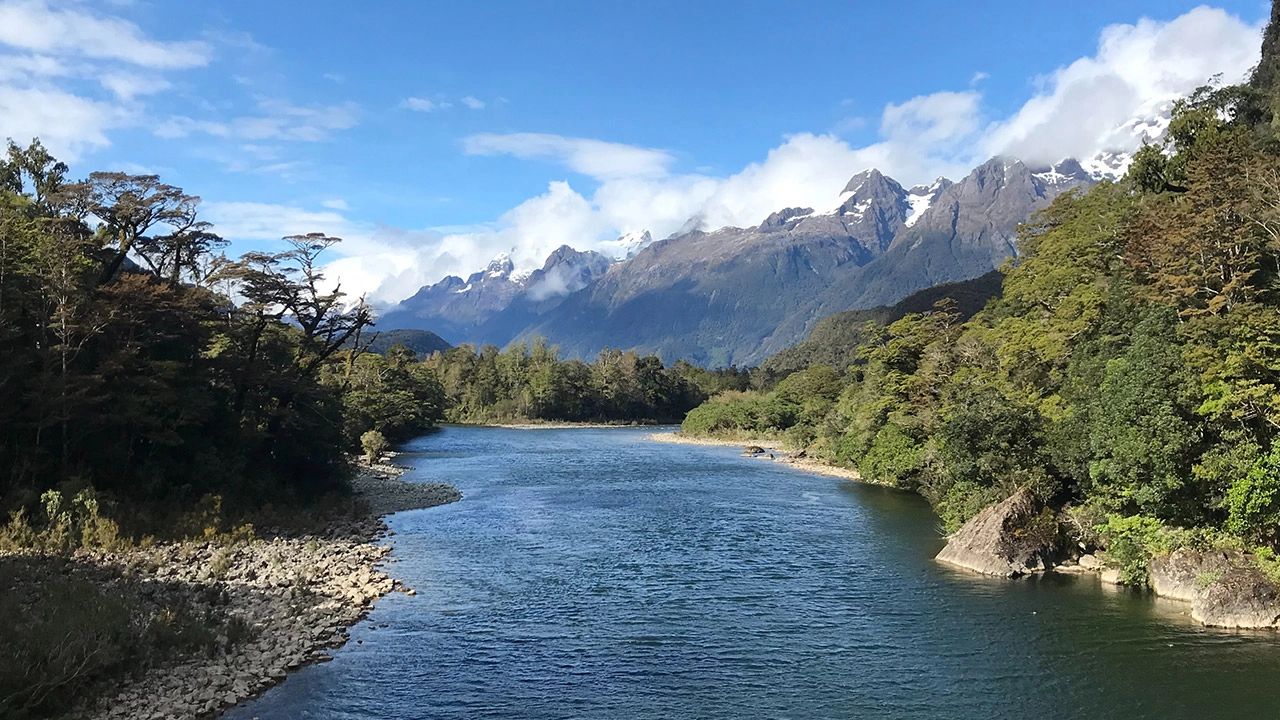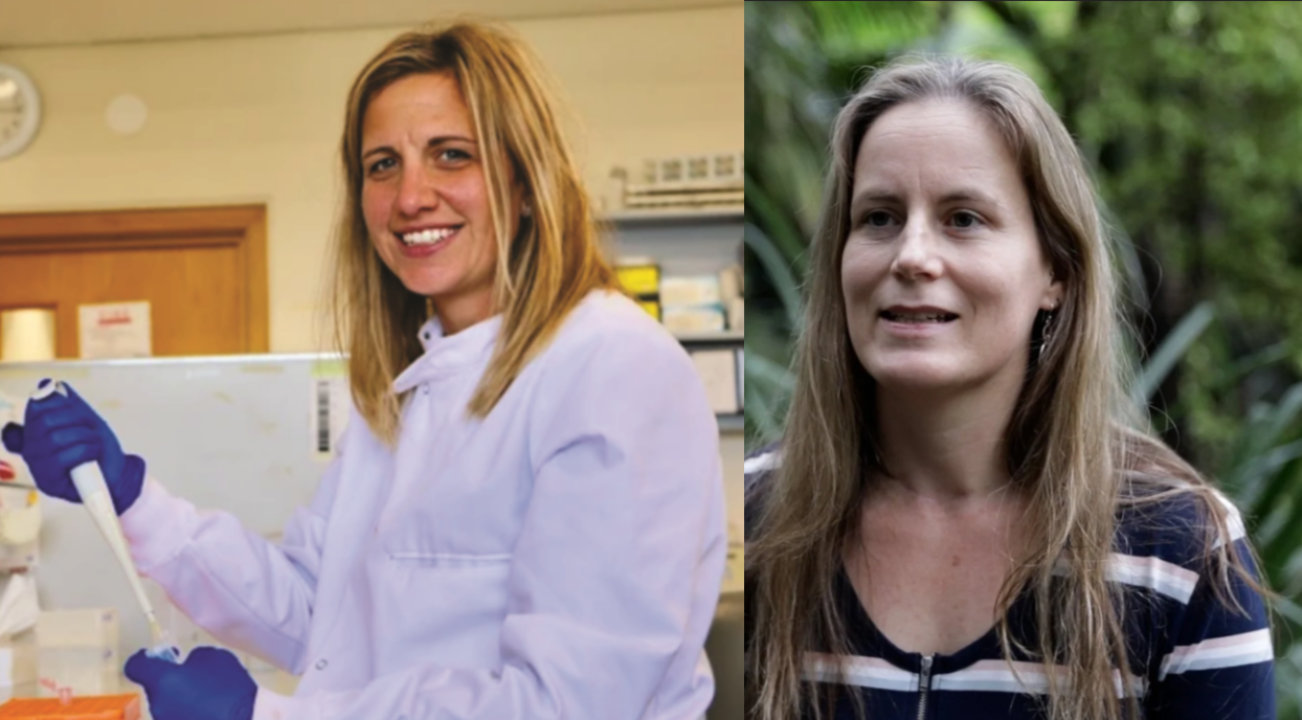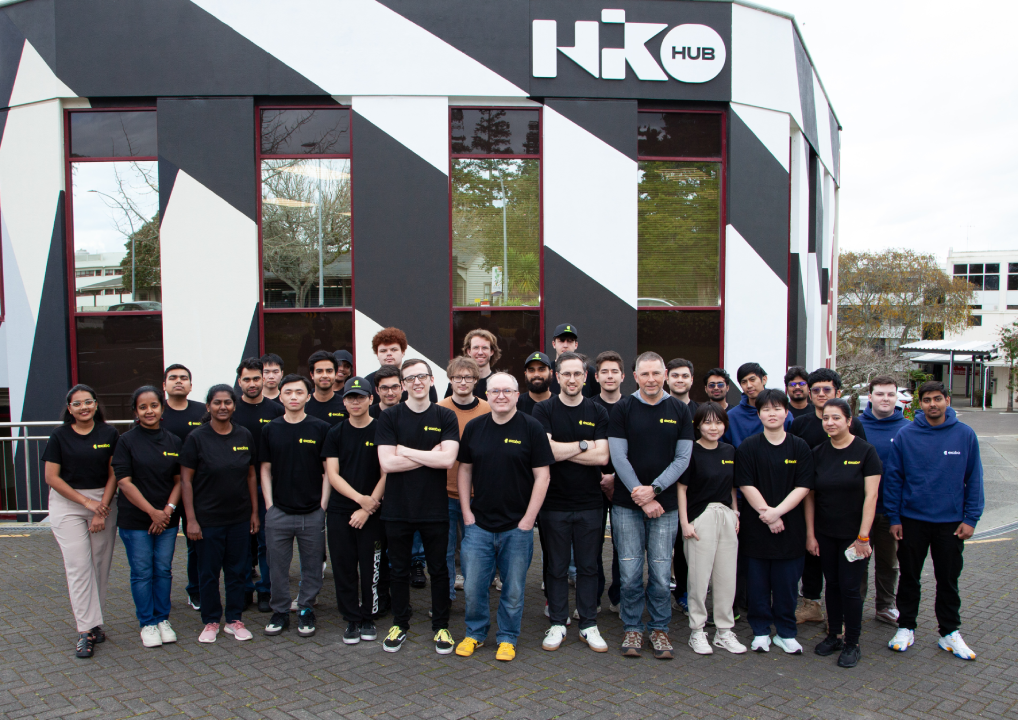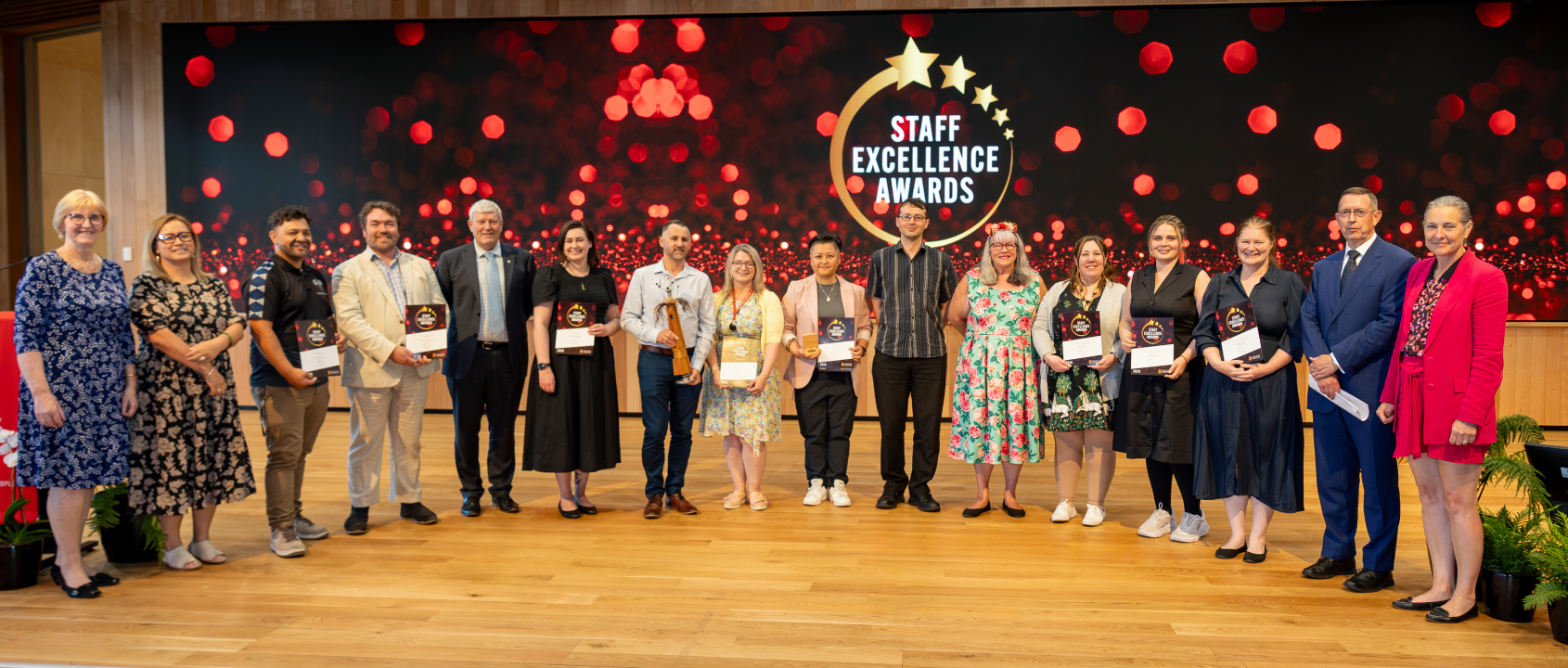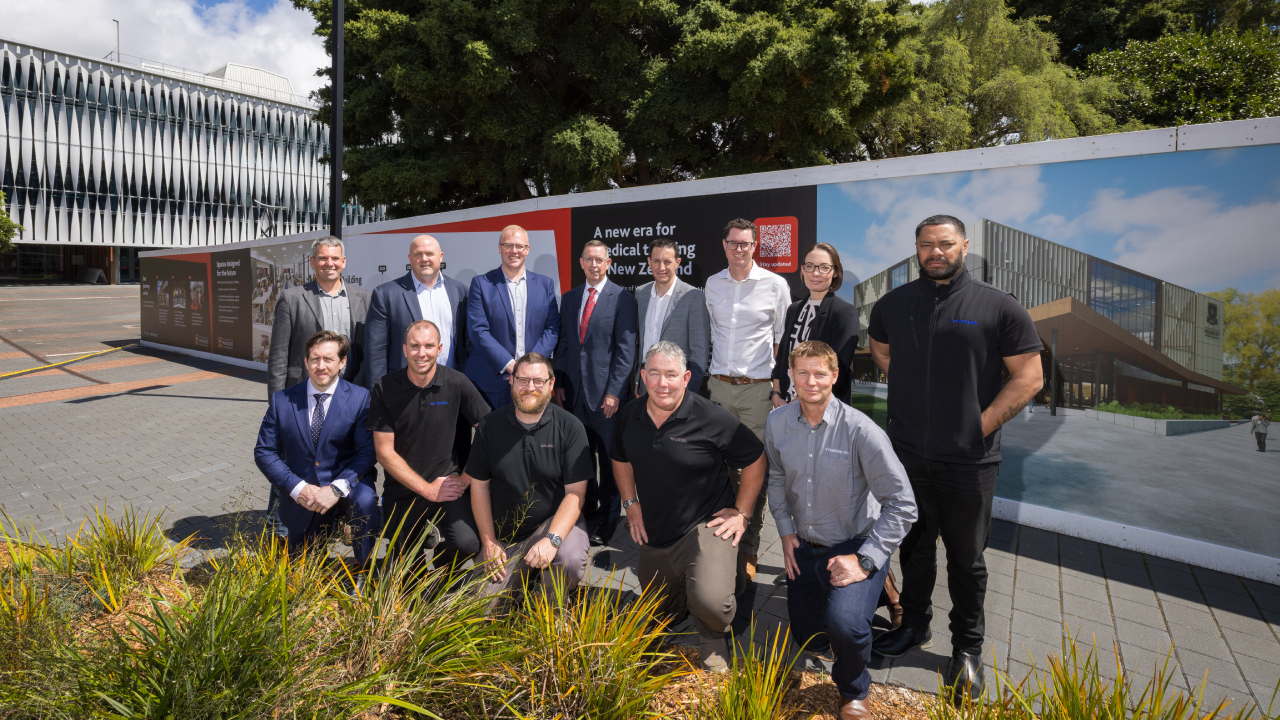In clean green Aotearoa, more than half of our rivers are considered unsafe for swimming, and 46% of the country’s lakes are rated poor or very poor for nutrient enrichment.
 More than half of New Zealand's rivers are unsafe for swimming.
More than half of New Zealand's rivers are unsafe for swimming.
Nutrient pollution from things like fertiliser leaching from the soil into the waterways causes excessive growth of aquatic plants and algae, reducing the survival chances of fish, shellfish and other aquatic organisms.
Taking testing to the source
University of Waikato PhD Earth Sciences graduate Thomas Corbett (Ngāpuhi) is working to manage this problem through his research.
As part of his doctoral thesis, Thomas developed a new way of measuring nitrate levels in water which can be done on-site - providing timely and localised analysis of water quality. The technique is called Diffusive Gradients in Thin Films (DGT).
DGTs are small plastic containers that sit in water for up to four weeks constantly absorbing contaminants. Usually, they would then be analysed in the lab so to make them suitable for ‘field use’ dyes are added. A colour change can indicate nitrate levels. The technique reduces the need for technical analysis, meaning anyone would then be able to make nitrate determinations on site – a game-changing technology.
 Thomas Corbett testing out his DGTs on site.
Thomas Corbett testing out his DGTs on site.
“This was the big goal, the final component to my PhD; to improve access to affordable water sampling that is better than what we do now,” Thomas says.
He hopes his research will help the agricultural industry better measure and track areas of concern for run-off and leaching, increase response time and accuracy when pollution occurs and help inform changes in land management.
There’s a long way to go before the technology will be publicly available but further research and global partnerships are bringing it a step closer.
The road to success
Earlier this year Thomas was awarded the Koko Kairangi University of Waikato Prize for Best Doctoral Thesis, and a $5000 scholarship.
The prize recognises “the best of the best” doing research that has an impact, says Deputy Vice-Chancellor of Research Bryony James.
Thomas was supervised by Professor Louis Schipper, Dr Adam Hartland, Professor Bill Henderson, and Dr Gerald Rys from the Ministry of Primary Industries.
“We became colleagues and he transitioned very quickly from someone who was just starting out in Environmental Sciences into someone who was leading and driving the direction of the research,” Louis says.
 Thomas' research aims to help the agricultural industry better measure and track areas of concern.
Thomas' research aims to help the agricultural industry better measure and track areas of concern.
Global partnerships
High levels of manure and fertiliser from the Illinois River in the United States flow into the Mississippi River every summer, fueling the Gulf of Mexico’s ‘dead zone’, a region of oxygen-depleted water that’s harmful to sea life, thousands of miles wide.
The University of Illinois is now using Thomas’ research in their field trials, assessing the performance of nutrient mitigation strategies.
“It’s a very difficult balancing act between producing good, quality products and applying fertilisers in a way that doesn’t negatively impact water quality,” Thomas says.
“We’re facing these challenges all over the country and if we look at this on an international stage, places that have been large agricultural producers for a long time are having serious water quality issues.”
Thomas grew up on a small beef farm in the Bay of Islands and moved to Sweden in October 2021 for a postdoctoral position at Uppsala University. He is now working on a large EU-funded project in collaboration with multiple universities through Bio-Accelerated Mineral Weathering.
Find out more about studying Earth Sciences or Climate Change at Waikato, and explore our School of Graduate Research.
Thomas Corbett PhD
